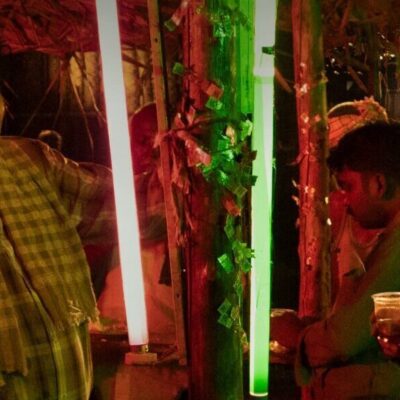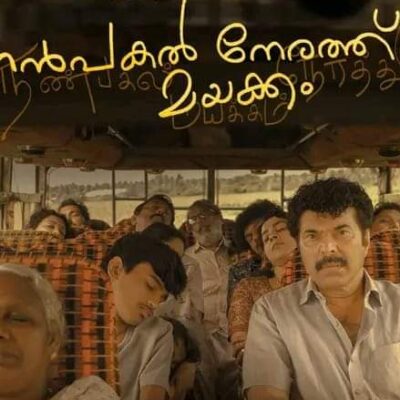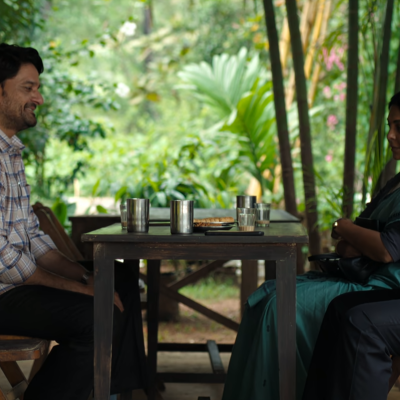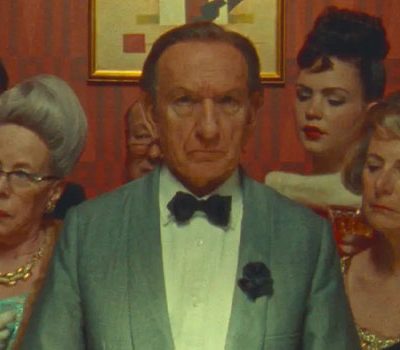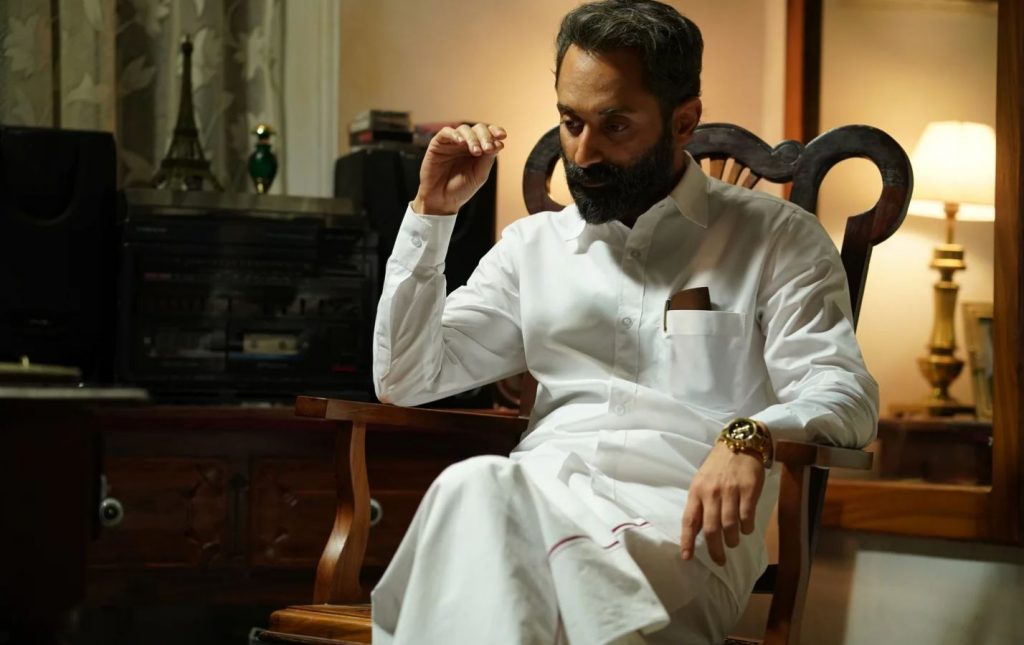
Firstly, I want to clear one important thing. If you are easily affected by communal riots, violence among communities, or you pick your sides (quickly) based on what is “popularly” shown around. Then please, with all due humble respect, DO NOT READ FURTHER. But if you have a minimum common sense of understanding the good from bad, virtue from evil, right from wrong concerning the world ecosystem, you can continue reading it.
Often we read about communal riots, violence among two (or more) communities and, the physical and mental scars it leaves after that. But seldom do we try to understand how it has happened, or more importantly, why it has happened. We think that a person from one religion/community has said something wrong about a person from another religion/community, and with those riots have begun. No! It is never that case. No religion in the world has ever dictated the disturbing fate of communal violence. It is the POLITICS, I repeat; it’s the politics that seeded the idea of hatred, watered the angst and, finally, benefitting the “fruits” of people killing each other to gain their political agenda. This is what the movie Mālik was all about.
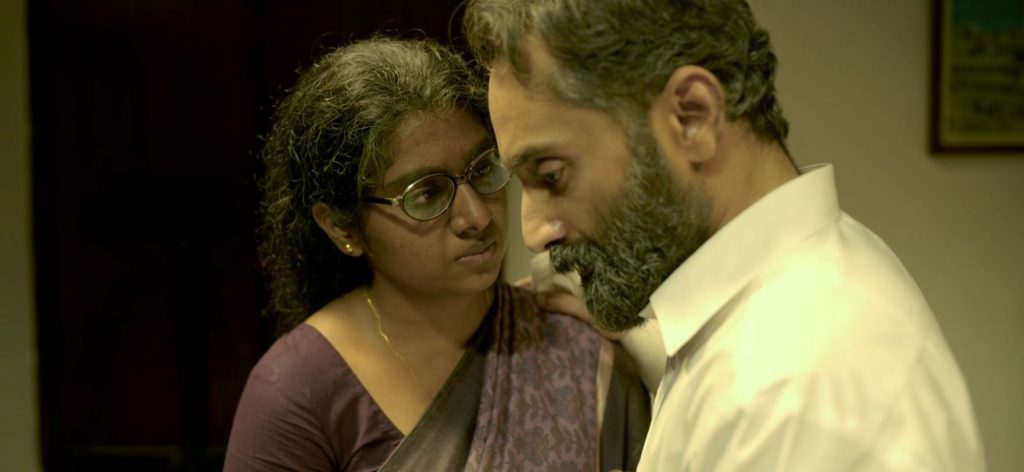
The movie starts with Ali Ikka’s house, his family, its atmosphere, and Ali Ikka himself. The scene gives a sense that if any person is looking for justice, he is the go-to person (gangster) in his region. And all this introductory scene is shown to us in a very long (10 minutes) unbroken take (single-take might not be the correct word since it might have been multiple takes but stitched/edited well to make it a continuous, seamless shot). It is so pleasingly executed because, with that, we all get who Ali Ikka is, what kind of power he holds over the government and, how people around him look for him to solve their problems, etc. etc. etc. When Ali Ikka was on his way to Hajj, he was captured by the police and kept under remand. What unfolds the turn of events and how Ali Ikka has come to that position and stature follows through multiple flashbacks.
Throughout the film, we see that the start of any hatred, jealousy, or anger was always by a political leader or a government official. As much as I like to giveaway specific trivial sequences or reveal more, I don’t want to do it because whoever is planning to watch shall experience directly through the film but not by some article from the internet.
The twisted and crooked ways of the government to shun any famous personality or uphold the control of any place is so perfectly portrayed. You can get a sense of the bold choice of the director, Mahesh Narayanan, who is also the writer and editor of this film (his previous work being C U Soon) and how unapologetic he was the way he wrote it. Also, another critical aspect of the film is that it was loosely based on a real-life incident of 2009 Beemapally police shootings. Knowing that it must be a more difficult task for the writer-director to film this without hurting the communities’ feelings because the victim/affected always have sides and rightfully so for their situation. So, challenging their stance and questioning their choice through the film takes courage, and Mahesh has tons of it.
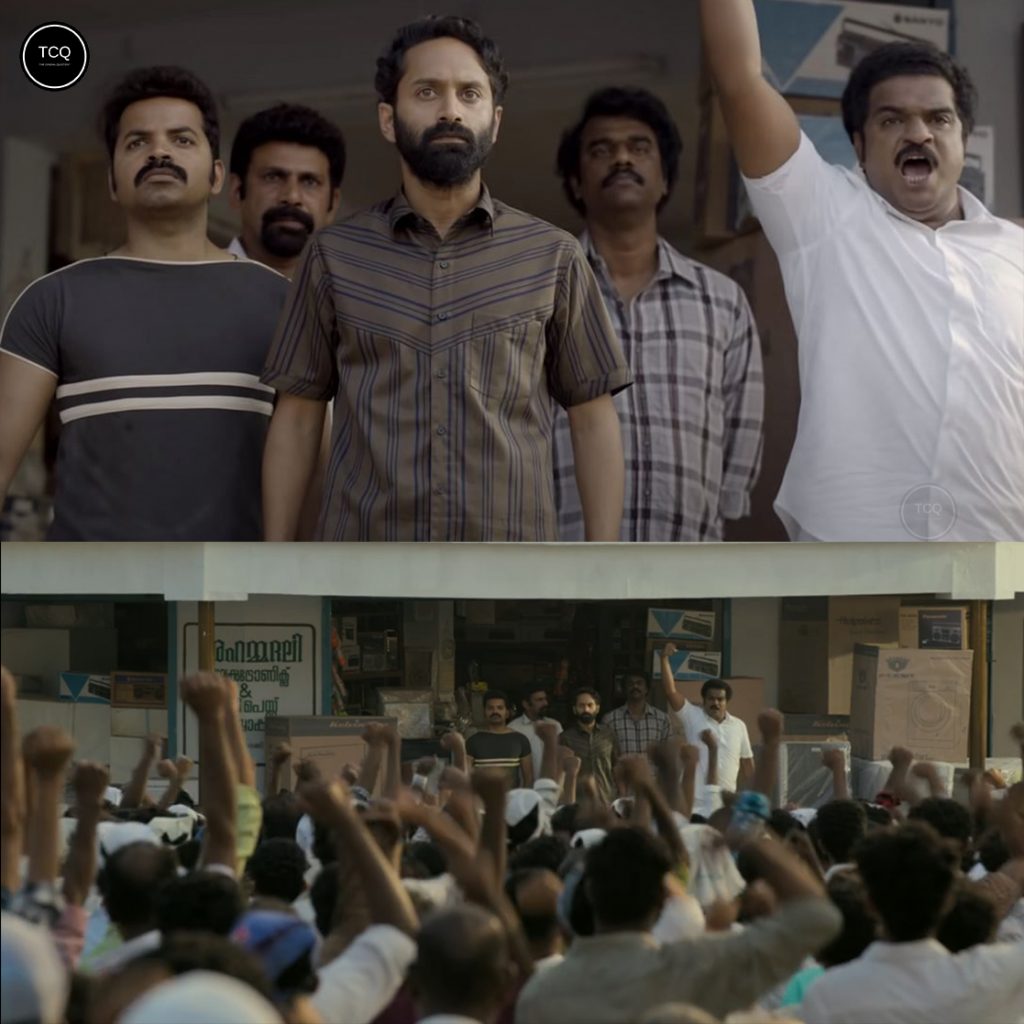
I want to speak about the outstanding background music that Sushin Shyam scored. Whenever there was a conflict or a tough decision to make, the BGM was melancholic, filling up your entire mind and body with that conflict itself. The music lifted the movie to a much higher plane. Don’t miss the track “Raheemun Aleemun”, my most favourite.
This political-thriller film has stalwarts like Fahadh Faasil, Nimisha Sajayan, Vinay Forrt, Joju George, Dileesh Pothan and, others. Yet the main star of the film, actually two, are the story and background music. The story of this film was so strong and tight that it hardly gives any scope to find any red flags. But since this film deals with communal violence between the Christians and the Muslims, the story has to be crisp. Otherwise, it would be yet another propaganda film capitalizing on religions (like the politicians and a Canadian). Gladly, it was anything but a propaganda film.
It is on Amazon Prime Video, do give a watch and comment down below how you felt it. The film’s length hardly matters, knowing what kind of sensitive subject the movie is based on.

